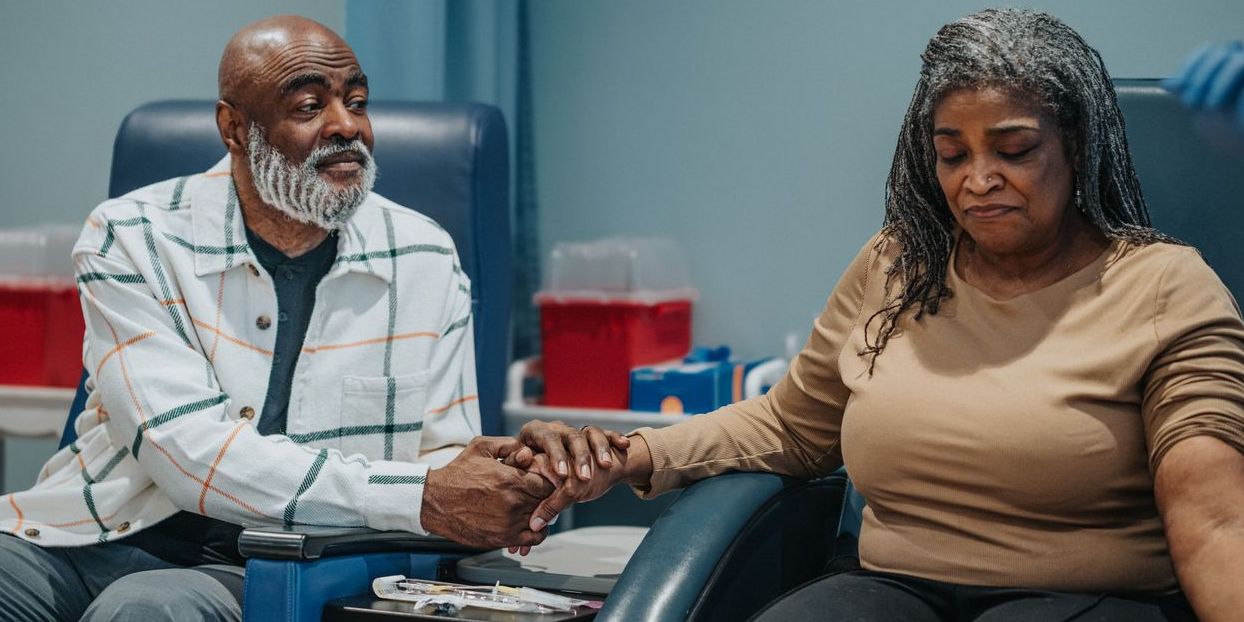The following is a summary of “A disproportionate burden: Prevalence of trauma and mental health difficulties among sexual minority versus heterosexual U.S. military veterans” published in the May 2023 issue of Psychiatric Research by Chang, et al.
This study examined sociodemographic, military, trauma, and mental health characteristics that vary by sexual orientation in a nationally representative sample of U.S. military veterans. About 4,069 veterans who participated in the National Health and Resilience Veterans Study (NHRVS) had their data analyzed. Compared to heterosexual veterans (n = 3,491, 94.7%), sexual minority veterans (n = 161, 5.3%) were more likely to be younger women, Hispanic, unmarried/partneree, have a lower household income, and to have enlisted and served for 4–9 years (relative to 3 or less or 10 or more).
After controlling for demographic variables, sexual minority veterans remained more likely to report childhood sexual abuse (odds ratio [OR] = 2.82), military sexual trauma (OR = 2.29), adverse childhood experiences (Cohen’s d = 0.10), current and lifetime drug use disorder (ORs = 3.66 and 2.41, respectively), current alcohol use disorder (OR = 1.62), current and lifetime posttraumatic stress disorder (PTSD; ORs = 2.03 and 1.53, respectively), and non-suicidal self-injury (NSSI). More years of military service were associated with increased lifetime PTSD risk among sexual minority veterans, while a lower annual household income was associated with increased lifetime substance use disorder and NSSI risk.
Consistent with non-veteran research, the results indicate that sexual minority veterans experience greater trauma and mental health burdens than their heterosexual counterparts. They further emphasize the significance of interventions that prevent and mitigate mental health problems in this population.
Source: sciencedirect.com/science/article/abs/pii/S0022395623001619














Create Post
Twitter/X Preview
Logout